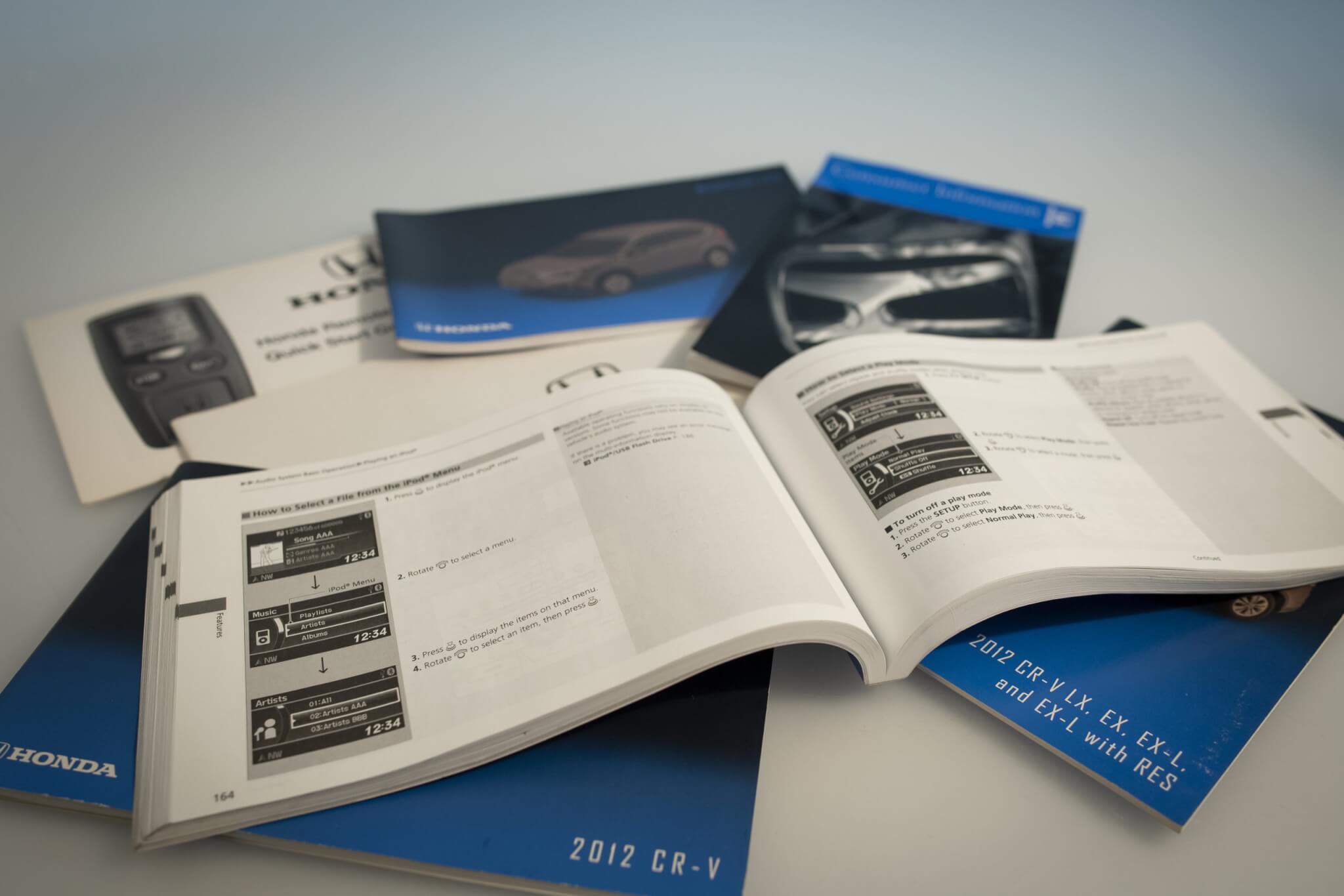“Drive it ‘til the wheels fall off” isn’t the safest decision. So when does it end?

I’m the type of person who doesn’t read my vehicle owner’s manual from cover to cover. I can make excuses, but you may call me a moron. That’s fine. The thing is, I’m like many car owners in that way. According to this study conducted by the Cognitive Ergonomics Laboratory at North Carolina State University, 41% of respondents reported that they did not read the owner’s manual of the vehicle that they drive most often. Of those who had read it, only 11 participants (5.2%) reported to have read 90-100% of their manual. As far as anecdotal evidence, you only need to look at this reddit thread and the many comments on it to see that this is likely an almost-daily pain point for shops. So, look, I admit I’m one of those people who doesn’t read the manual. I’m here to tell you that giving customers like me a heads-up about recommended maintenance will help us, and yourself.

Here’s the thing I don’t read. Photo by Mike Apice.
My last car was a 2008 Subie Outback. Somewhere around 100,000 miles, I took it to my mechanic, Corby, for an oil change (I do get oil changes regularly). When I went to pick up my car, Corby mentioned to me that I would need to replace my timing belt the next time I came in for an oil change. This was helpful for two reasons. First, it reminded me about a part that was due for recommended maintenance. Second, I (like most people) am not exactly swimming in cash. So it was also helpful that Corby gave me this heads-up about a part that would need to be replaced the next time I came in for an oil change, allowing me to stash away some extra cash to prepare for the added expense.
I’ll spend whatever Corby tells me to spend on proper maintenance. I just hate when it happens unexpectedly, and I have to pony up some cash when I wasn’t ready for it. He also helps me by mentioning things that I can defer (like power steering flushes or brake fluid flushes), thereby allowing me to make informed decisions on what I do and don’t want done, based on how critical the maintenance is and how much cash I have to pay for that maintenance at that time.

The aforementioned 2008 Subaru Outback. Photo by Jonathan Roth.
So, what I’m saying is: this actually does work. Plus, those reminders might also get a car owner to take a look at their owner’s manual more often. You can even reinforce that habit by asking the customer to run and get their manual so you can take a peek. If you get a customer engaged in their preventative maintenance, they are now heavily invested in their car and will continue the cycle of care. If you don’t help people service those cars, they fall apart and get replaced, and the dealer often has some kind of certified pre-owned program, so they maybe don’t need to come see you so much for a while.
There may be exceptions to this rule, but I believe that keeping better tabs on a customer’s car and the recommended maintenance needed than they are will ensure your customers keep coming back to you. I keep going back to Corby for two reasons. The first is that he’s an excellent mechanic. The second is that he gives me a heads-up about upcoming needed maintenance like the example above. And, as I mentioned, this helps me because it’s a useful reminder about recommended maintenance and allows me to set aside some money in my budget to cover the cost.
As Lemmy mentioned, this is not something you need to do for owners that are already coming in for scheduled preventative maintenance. You may not want to do it for owners that have a car close to being on its last legs, for fear that you convince them to just dump the car before it’s really necessary. I also imagine there are customers who would see this as upselling. However, I think this is much more likely when the car’s being held captive in the shop, and the customer gets a call that the $80 oil change and tire rotation is now an $800 repair of some kind. Giving someone a heads-up about maintenance needed in the future prevents this surprise and makes it feel like my mechanic bought me a few extra thousand miles. In addition, if I, as a customer, have even a decent relationship with my mechanic, I’m going to take his or her advice.
Now, sure, this may require some extra research on your part. I’m sure there are some recommended maintenance items that you can rattle off the top of your head because they’re so prevalent, like the Outback timing belt service at 105,000 miles. I imagine there are some others that are not as common. But a little bit of extra work checking up on upcoming recommended maintenance on a customer’s vehicle when they’re in for an oil change will mean happier (and returning!) customers.
The articles and other content contained on this site may contain links to third party websites. By clicking them, you consent to Dorman’s Website Use Agreement.
Participation in this forum is subject to Dorman’s Website Terms & Conditions. Please read our Comment Policy before commenting.